I had the same issue in my project on .NET Core 3.1 using nuget package Microsoft.VisualStudio.Web.CodeGeneration.Design
First of all DELETE folder 'bin' from your project directory.
Then you need to set option 'ExcludeAssets' for the package.
In Visual Studio here:

Or another way is direct change in *.csproj file like this:
...
<PackageReference Include="Microsoft.VisualStudio.Web.CodeGeneration.Design" Version="3.1.1">
<ExcludeAssets>All</ExcludeAssets>
</PackageReference>
...
For me it solved the problem.
UPD:
I found second solution - it's another way which lets you to chose which locale folders you need. But if you go this way - again delete 'bin' folder and set 'ExcludeAssets' option of chosen package to default value - empty.
In *.csproj file add tag 'SatelliteResourceLanguages' like this
...
<PropertyGroup>
<TargetFramework>netcoreapp3.1</TargetFramework>
<SatelliteResourceLanguages>ru;en-US</SatelliteResourceLanguages>
</PropertyGroup>
...
For my project I now have default en-US locale and additional 'ru' locale. You can select another locales with devider ';' between them.
2nd solution found here https://github.com/dotnet/sdk/issues/774


